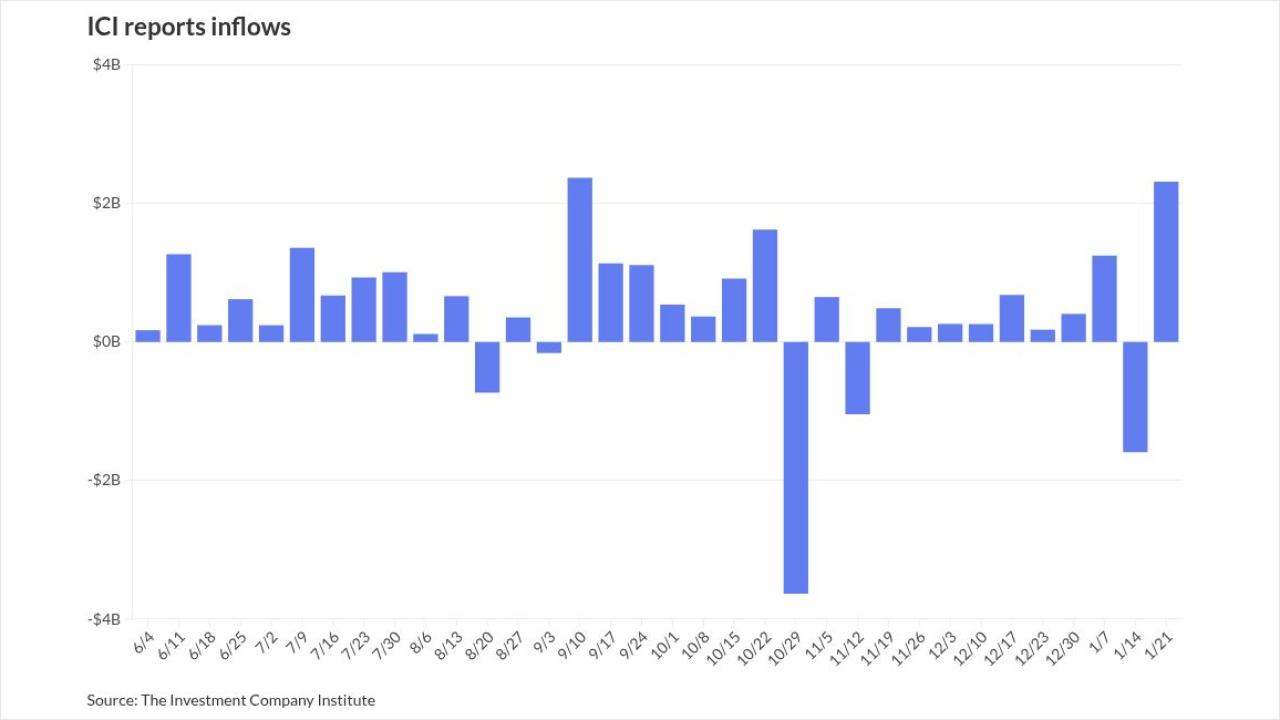Puerto Rico's Financial Oversight and Management Board (FOMB) and Fiscal Agency and Financial Advisory Authority (AAFAF) and the PREPA unsecured creditors committee (collectively the PREPA parties) are making arguments in the PREPA insolvency proceeding that undermine the basics of municipal finance, while also upending basic principles of what it means to have a claim in a bankruptcy case and fundamental principles underlying municipal and commercial finance.
After several iterations of plan support agreements and attempts to negotiate a consensual resolution with one of the Puerto Rico debt complexes' largest creditor constituencies, Puerto Rico's Financial Oversight and Management Board has done an about face and pivoted to a scorched earth litigation strategy that not only will delay its exit from bankruptcy but may impede its access to capital markets in the future.

The FOMB and the other PREPA parties are attempting to create precedent that frontally attacks not only PREPA bondholders and their insurers but also municipal revenue bond finance and basic bankruptcy jurisprudence.
To understand the mischief that the PREPA parties are fomenting in their pending and recently argued summary judgment motion, one needs to first review first principles about municipal revenue bonds.
In the private realm, ultra-creditworthy issuers can borrow on an unsecured basis based on their general financial strength; less creditworthy ones borrow on a secured basis, typically involving a mortgage or pledge of their revenue-generating hard assets and/or a pledge of their financial assets, including revenues generated by their revenue-producing assets.
Public sector finance likewise features general obligation borrowing, for which, absent existing signs of a downward spiral in the applicable economy, the issuer's taxing power usually suffices as assurance of repayment.
For bonds issued by governmental issuers that lack taxing power, bond purchasers generally require security.
However, governmental entities almost universally lack the authority to mortgage or pledge the tangible assets of electric systems, water systems, roads, bridges and other public assets as security for the debt they issue to finance such assets.
All they can pledge is the revenue stream produced by the financed assets.
Without the revenue-producing asset as collateral, however, the amounts that could be borrowed through typical revenue-based-only lending would be some haircut percentage of current receivables, which would be wholly inadequate to produce the capital required to build, maintain and improve public utility systems and other essential public infrastructure.
Revenue bond issuers and the purchasers of their bonds have solved the conundrum of such issuers' inability to mortgage or pledge their tangible assets by borrowing and lending, respectively, against such issuers' relatively perpetual stream of future revenues, as opposed to just the snapshot of future revenues represented by current receivables.
The Bankruptcy Code has provisions designed to encourage such lending, recognizing special revenue bonds for which the lien on revenues continues as to revenues generated after a bankruptcy filing.
Similarly, state law, including those applicable to PREPA, empowers revenue bond issuers to grant effective liens not just in existing receivables, but in future receivables not yet generated.
One additional concept, non-recourse lending, needs to be discussed to set the table for the manner in which the PREPA parties seek to undermine the whole premise of revenue bonds.\
Non-recourse lending occurs when the lender is secured by an asset or combination of assets that, at the time the loan is made, the lender deems of sufficient value such that, in a worst-case scenario, such collateral could be liquidated to produce sufficient cash to pay off the debt financing provided by the lender, usually with some valuation cushion.
With that assurance, the lender may agree upfront that if the issuer defaults and the pledged assets upon liquidation are worth less than originally anticipated and do not fully cover the repayment of the debt, the lender has no right to go after the issuer's other assets for the deficiency.
In their summary judgment motion briefing as well as their oral argument before the court on Feb. 1, the PREPA parties threw arguments against the wall designed to sabotage the carefully developed structure of municipal revenue bond financings.
First, circumventing more typical arguments over what portion of pledged revenues may be carved out to pay essential debtor operating expenses necessary to continued revenue-generation, PREPA argues that its documents should be interpreted to provide that its bondholders are essentially unsecured lenders, with their security limited to the current balances in a few trustee-held funds containing, at the time of PREPA's bankruptcy filing, approximately $8 million versus outstanding debt of approximately $8.3 billion in principal amount.
Just as breathtakingly, the PREPA parties argue that not only are PREPA bonds unsecured by future PREPA revenues, but they are non-recourse bonds with recourse limited not to PREPA's revenues but only to PREPA's revenues on deposit in the trustee-held funds at the time of PREPA's PROMESA filing.
If this argument were accepted, PREPA bondholder recovery would be limited to one-tenth of a cent per dollar, and the PREPA bond documents and the Bankruptcy Code would be interpreted as making that catastrophic recovery a foreseeable result at the times bond investors provided PREPA $8.3 billion.
The PREPA parties make this non-recourse argument while unabashedly admitting that PREPA purposefully breached trust document covenants to transfer revenues pursuant to the waterfall provisions of those same documents and then arguing the claim for such breach under the Bankruptcy Code is also limited to the pittance available in the trustee-held funds.
The import of those arguments is that a mortgage lender who lends against a building that the borrower then purposefully burns down has no claim against anything but the ashes.
The bondholders of course make compelling arguments that they are not so nonsensically limited and that the bond documents simply prevent them from making claims for PREPA's breach of payment and waterfall transfer covenants against the commonwealth of Puerto Rico itself and entities other than PREPA within the Puerto Rico issuer complex.
But even if the bondholders' claims for PREPA's covenant breaches were solely payable from PREPA revenues (versus other PREPA assets) there is nothing in the Bankruptcy Code that says their claim can't be paid from such revenues.
To the contrary, the Bankruptcy Code affirms that a claim payable solely from special revenues has recourse to the special revenues, though not to other assets of the debtor.
Finally, and most potentially destructive to municipal revenue bonds as a category, the PREPA parties argue that the bondholders cannot look to the value of the post-petition and post confirmation special revenue streams for satisfaction of their bankruptcy claim for another reason – that credit cannot be secured by revenue that has not been generated at the time of the debtor's bankruptcy.
As noted above, this argument undercuts the basic revenue bond premise in which the debt is sized based on a view as to the future revenue generating capacity of the borrower and the availability of such future revenue to repay the debt.
While beyond the scope of this column, there are a myriad provisions in the Bankruptcy Code whether applicable under Chapter 11, Chapter 9 or Title III of PROMESA that would be meaningless if a lien in special revenues is ineffective as to post-bankruptcy revenues, and that, as to all species of debt, require that a judicially determined share of the value of the enterprise be allocated to creditors' claims after creditors have had their full day in court on a complete record to establish such valuation. One can only hope that is the result here.





